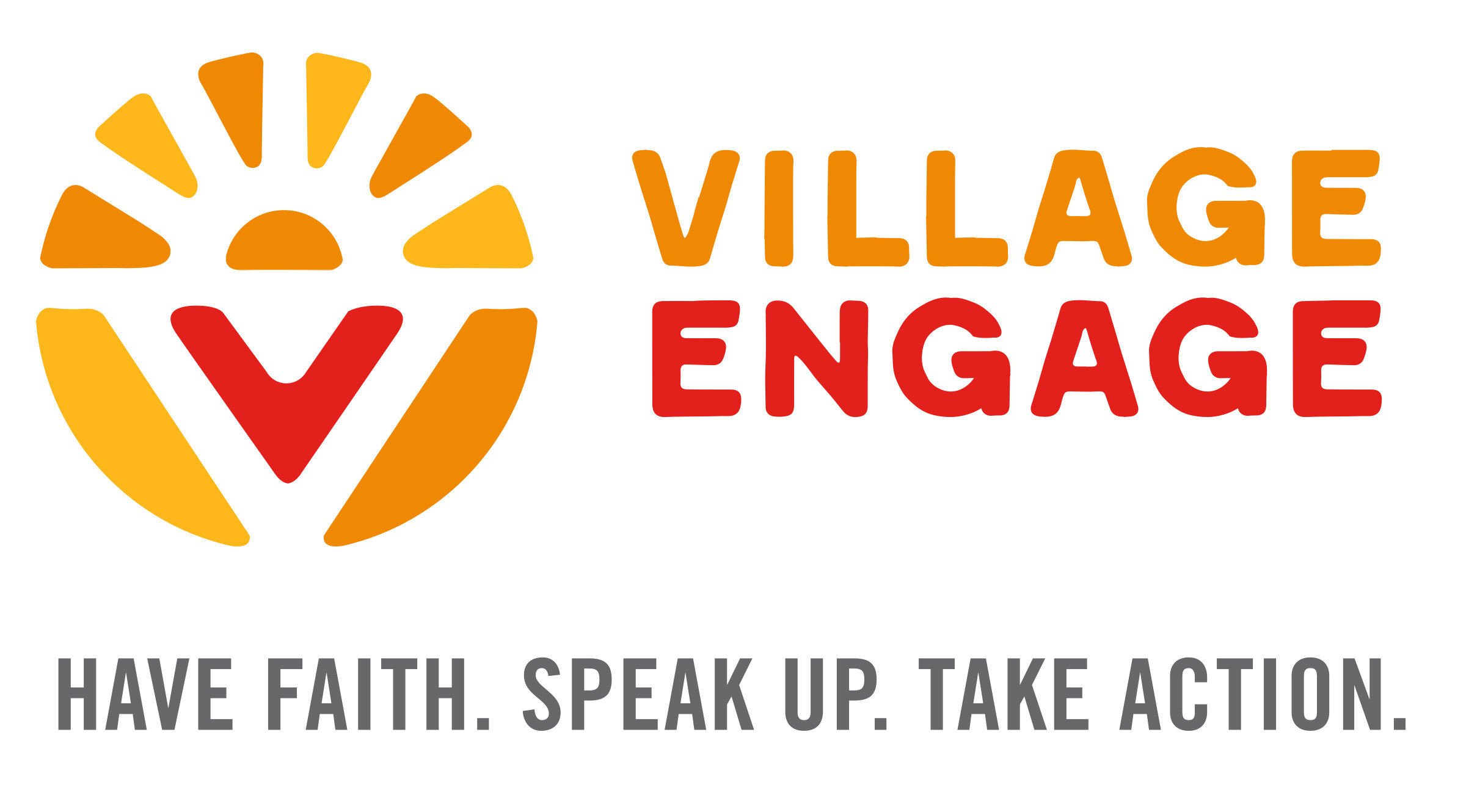Nonviolent Communication: Pursuing Connection in an Increasingly Disconnected World
“Not everything that is faced can be changed, but nothing can be changed until it is faced.”
- James Baldwin
From rising costs of living and a fragmented healthcare system to climate change, inflation, stagnant wages, imminent cuts to services like Medicaid, and persistent systemic injustice, the list of political and social issues feels infinite. Naturally, many of us have questioned where the breaking point lies in this sea of uncertainty. However, several of these struggles have existed for generations, and only now are many becoming aware of the burdens people in our community and our country have long endured. Political rhetoric impedes our ability to establish unbiased perspectives and develop an understanding of an issue. We must remain aware of how anxiety, frustration, and anger from these issues influence our daily interactions.
Disagreement and conflict are inevitable, but understanding the concept of Nonviolent Communication (NVC) presents the opportunity for us to communicate in a way where we feel heard while also respecting those that we engage with. NVC is aimed at promoting connection. Its applications range from daily interactions to striving for social justice. NVC relies on the idea that all of our actions, irrespective of perceived significance, are executed in an attempt to meet our needs. Needs can include connection, belonging, security, well-being, peace, self-expression, etc. NVC is not only useful to understand our own actions and how they reflect our needs, but also the actions of those we interact with, because how we address our needs can vary based on our life experiences and values. Furthermore, unmet needs can manifest into anger, tension, misery or even violence; but, when our perspective shifts from blame or judgement to that of empathy and needs, we can disrupt these cycles of disconnection and division.
On a college trip to Derry, Northern Ireland–one of multiple cities impacted by The Troubles, a period of heightened sectarian violence from the 1960s to 1998 stemming from centuries of political and social contention and unrest–I witnessed how NVC can help foster peace. While in Northern Ireland I visited the Theater of Witness, a storytelling discussion where individuals on opposite sides of the conflict shared their experiences during The Troubles. Witnessing people who just decades ago would have met one another with avoidance, hostility, or violence now being able to coexist and engage in healthy dialogue was truly impactful. One woman, whose brother was killed during The Troubles, said, “I don’t know if I believe in forgiveness, but I can see the humanity [in people on the opposite side of the conflict].” When applying NVC to The Troubles in Northern Ireland, it is evident that both parties longed for security and peace. Unfortunately, centuries of anger, fear, pain, and resentment from political strife increased tensions, resulting in verbal and physical violence that has caused irreparable harm and trauma for generations.
A shift from opposition to recognizing one another’s experiences and the need for peace played an integral role in the peace process in Northern Ireland. It must also be noted that while large-scale violence has ended, the impact of The Troubles lives on through memories and generational trauma. Inequities still affect certain members of society in education, health care and housing, but the application NVC in this context has laid a foundation essential to sustaining peace and progress for generations to come.
Traveling to Northern Ireland was a grounding and eye opening experience. It was interesting to see how conflict and division manifest and present themselves outside of the U.S. I was reminded that ultimately, we all have a unique set of experiences that influence how we interact with the world around us. If we keep sowing seeds of anger, neglect, and hostility, we will continue to reap the same frustrations. To break the cycle, we must change our inputs to more reflection and more empathy, and prioritize facilitating conversations rooted in compassion. By embracing NVC, we can transform our interactions and ultimately, our communities. I believe in our ability to create sustainable change in our country, but what we first have to do is look within ourselves, reflect on where we’ve come from, and then consider how we can act and treat one another in a way that represents where we want to go.
Mia is a senior in college studying Public Health and Biology. She plans to work in healthcare and strives to improve health equity through addressing underlying issues related to healthcare accessibility and quality of care. She is currently serving as a summer intern at Mill Village Ministries.

